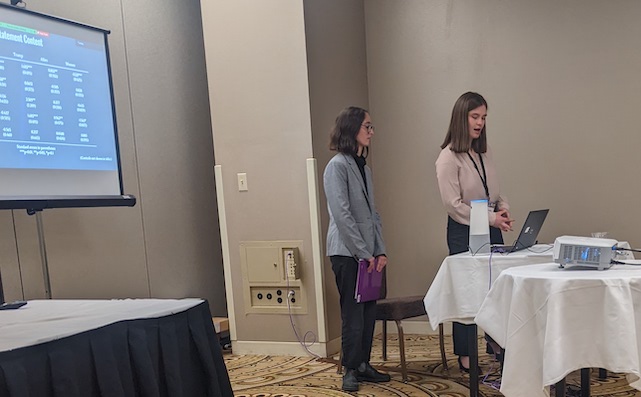
During the 2021-22 academic year, the lab worked on writing and presenting a paper at the Midwest Political Science Association’s annual conference. We decided to focus on exploring congressional responses to the Afghanistan withdrawal given the increase in issue salience post-withdrawal. We collected data by coding hearing transcripts from the House and Senate Armed Services and Foreign Affairs/Relations committees both pre- and post-withdrawal. We then analyzed the data and found several trends. First, we found that member participation in the hearings increased across the board following the withdrawal, and the post-withdrawal hearings contained more references to both President Biden and former President Trump. Republicans in particular appear to have adopted a more aggressive questioning style and focused more on the Biden administration post-withdrawal. Beyond partisanship, we found evidence that combat veterans brought a unique perspective to the hearings, with such members more likely to reference the evacuation of Afghan allies in their remarks. The results speak to the mix of partisan and personal considerations that drive member behavior. After writing the paper, we presented our findings at the Midwest Political Science Association (MPSA) conference in Chicago in April. Taking the feedback we received at the conference into account, we hope to expand our analysis of partisan characteristics, particularly in terms of how veteran status might affect member behavior.